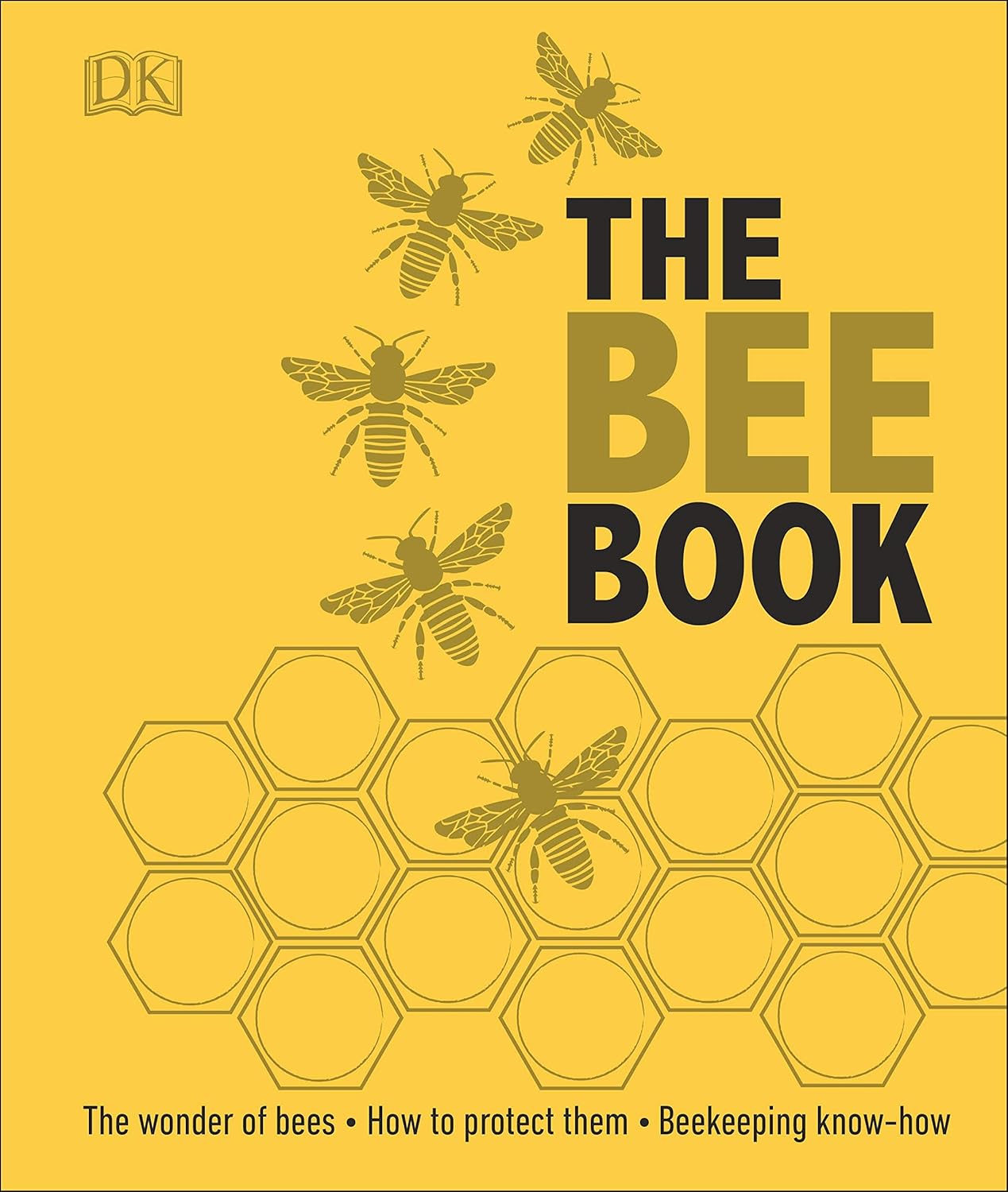
The Bee Book: The Wonder of Bees – How to Protect them – Beekeeping Know-how
FREE Shipping
The Bee Book: The Wonder of Bees – How to Protect them – Beekeeping Know-how
- Brand: Unbranded

Description
On swarming Chittka makes a reference to the quite “eccentric” beekeeper Maurice Maeterlinc (awarded the Nobel Prize in Literature in 1911). Among his books is The Life of the Bee (1901), and I found a free version in the Internet Archive, as an ePub-book – this book is lovely but has to be reviewed another time! Eric Grissell was a co-founder of the International Society of Hymenopterists. A member of the Garden Writers' Association, he has written two books of essays on gardening as well as his insightful Insects and Gardens.
Bees may visit upwards towards 1000 flowers and each flower has it's unique mechanics in respect to the location of nectar and the perils that may befall one who is not knowledgeable.Bees and ants can see in ultraviolet, which we can’t see, but are largely blind to red, which we can. Their photo-receptors evolved in parallel with color development in flowers - no surprise. A review of the biology of pollination and pollination requirements, and how to conserve bees for optimum pollination." – recommended by Karin Alton A remarkable book. It is an essential read for every beekeeper who wishes to understand more fully the natural biology of the bees living in his or her hives."—Ann Chilcott, The Beelistener There is a quote from Darwin’s research where he noted that bees sometimes copy the behaviour of “Humble bees” (didn’t know that). I smiled when I read how Darwin spelled bumble bees, since the Swedish word is “Humlor”, much closer to the word Darwin used. And “hum” is probably chosen because of how they sound when they fly. Both the layman and general entomologist will enjoy this scientific detective story that is so engagingly and entertainingly told by a preeminent expert in the field."—Angus McCullough, Entomologist's Monthly Magazine
Bees pollinate plants, produce honey, and create marvellous social colonies. They also need our help. Honey as a product is always in demand and not just in it’s raw form. There’s a booming market in products made from bee products (think candles, skin care products, etc).Dit opzienbarende experiment is maar een van de vele die Chittka beschrijft in Het bewustzijn van de bij, zijn boek op basis van dertig jaar onderzoek. Dat bijen en hommels een zonnekompas hebben en aardmagnetisme voelen wisten we al. Het zijn zaken die hen helpen om van meer dan twee kilometer ver feilloos hun weg terug naar huis te vinden. Maar dat ze weten welke bloem net bezocht is door een andere bij, waardoor ze geen nectar meer bevat, was toch een verrassing. Blijkbaar zijn bloemen elektrisch negatief geladen en bijen positief. Wanneer een bij die bloem bezoekt wordt ze iets positiever, wat de volgende bij meteen voelt. Worker bees live only for weeks and have individual specializations such as constructing the comb cells, cleaning the comb cells, tending to the queen, guarding the entrance to the hive, foraging for nectar, or pollen.
- Fruugo ID: 258392218-563234582
- EAN: 764486781913
-
Sold by: Fruugo
